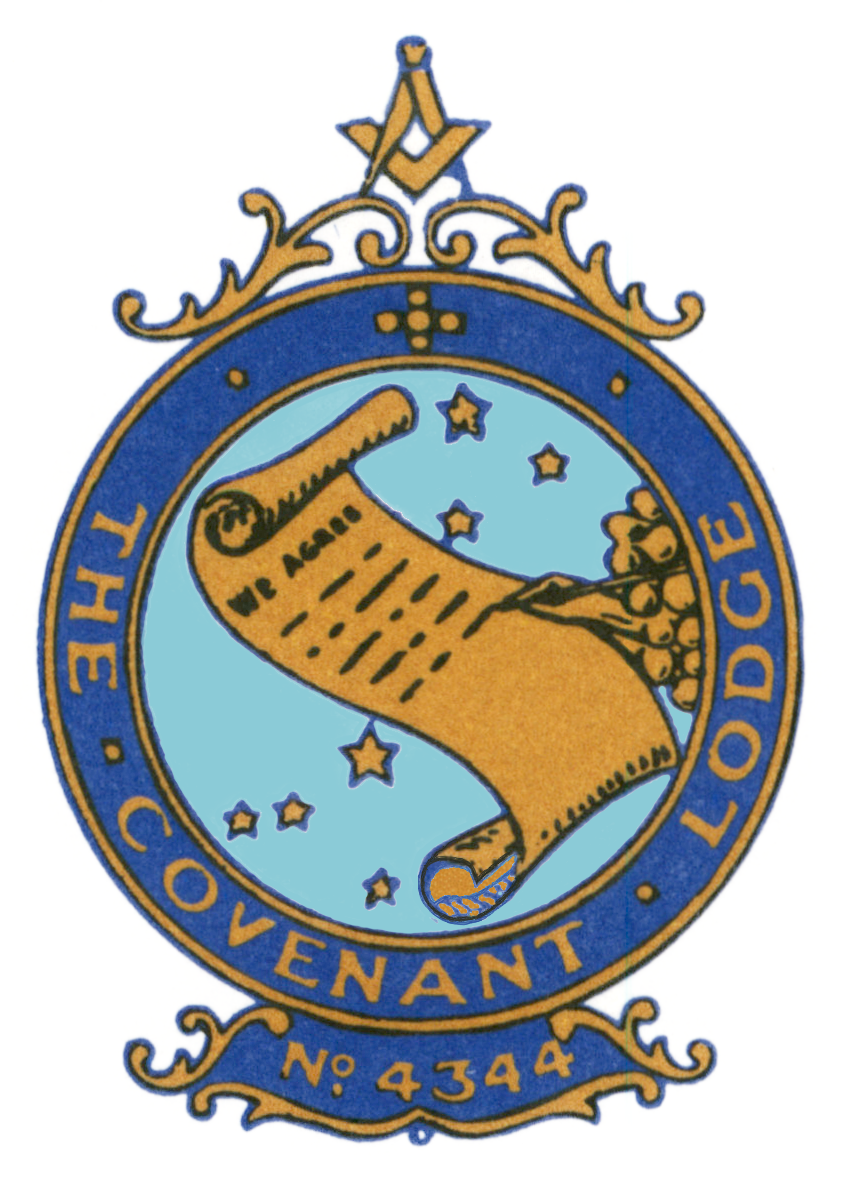Freemasons are discouraged from discussing religion or politics in lodge meetings. The basic idea behind the rule is to reduce possibilities of divisive arguments. Secondly, the rule is intended to put “roadblocks” in the way of Freemasonry somehow morphing into a quasi-religious or political organisation. Yet, if Lodge members are not able to communicate freely and openly, the camaraderie that develops between them will just end up being rather shallow and stunted. Herein lies the problem and also the basis of a lot of misunderstanding by Freemasons about the “no religion or politics” rule.
What then should intelligent Freemasons do; never discuss religion and politics with each other and suffer the all-round stunting consequences, or the opposite and probably suffer an equally troublesome but quite different set of consequences?
The mature approach must lie somewhere near the middle of the two extremes. In the formal part of our meetings, it is completely unnecessary to introduce religious or political views into the proceedings and so, here, it seems appropriate to strictly enforce the “no religion or politics” rule. This way, official business always excludes religion and politics. At the Bar, after the formal part of our meetings is over, it becomes appropriate to do everything possible to encourage complete freedom of thought and expression. At the dinner table following our meetings, where a conversation may need to include people you don’t know well, a little more care is appropriate about the views you express so that a good mood balance is maintained. Truth-seeking discussions should, of course, always be combined with tolerance and politeness.
This brings me to a very appropriate quote from the Grand Lodge of Scotland’s Year Book of 1971 which states:
“Tolerance has always been one of the tenets of the Craft. What do we mean by tolerance? Tolerance does not mean, by any stretch of the imagination, that one belief is as good as another, or is as true as another, or is as valuable as another. Freemasonry does not advocate a general indifference to all beliefs; nor does it hold that all differences of opinion should be melted down into a drab compromise. As brethren in toleration we, as Freemasons, take the opposite position.
We believe that one belief is truer than another, that one opinion is better grounded than another; and that we want the truth to prevail.
But we know that the truth can never emerge unless every man is left free to seek the facts for himself, to think for himself, to speak for himself, to confront life’s realities for himself. Every human mind must be left free to observe the world for itself. This, freemasonry believes, is the one way in which the truth about any of the great subjects of human life will ever be found. Tolerance, therefore, is a positive and constructive thing. It encourages every man to think for himself, because not otherwise will men learn in the long run to think the same things. In all our Masonic meetings we try to deal with one another, in so far as religious and political matters are concerned in the spirit of fair play. We may well disagree, but we try not to be disagreeable.”
Wise words.
So, there you have it – religion and politics are keystone topics in life which should, therefore, be discussed by everyone including Freemasons as widely as possible to enable the ideas within them to be refined. Just be polite and tolerant when doing so.
